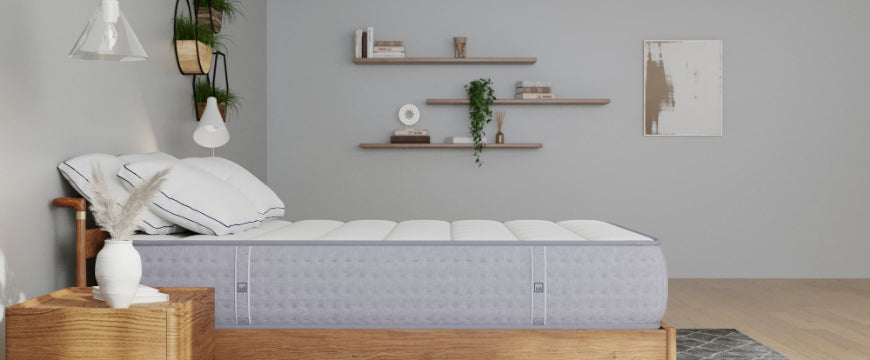
10 Remarkable Statistics About Sleeping
Throughout many of our blog posts, we’ve mentioned several stats about sleep to support our various points. Many of them highlight the amounts of sleep required or the percentages of individuals who engage in certain behaviors experiencing worse or better sleep because of said behavior, such as scrolling through their phones.
Though most of our blog posts are meant for sleeping tips, we’re going to take a moment to share some interesting sleeping statistics to show how diverse demographics interact with sleep differently. Some of these statistics may uncover issues you may not have thought about, so keep reading to discover some insights that might spur a round of research.
Here are some stats that really jump out at us: